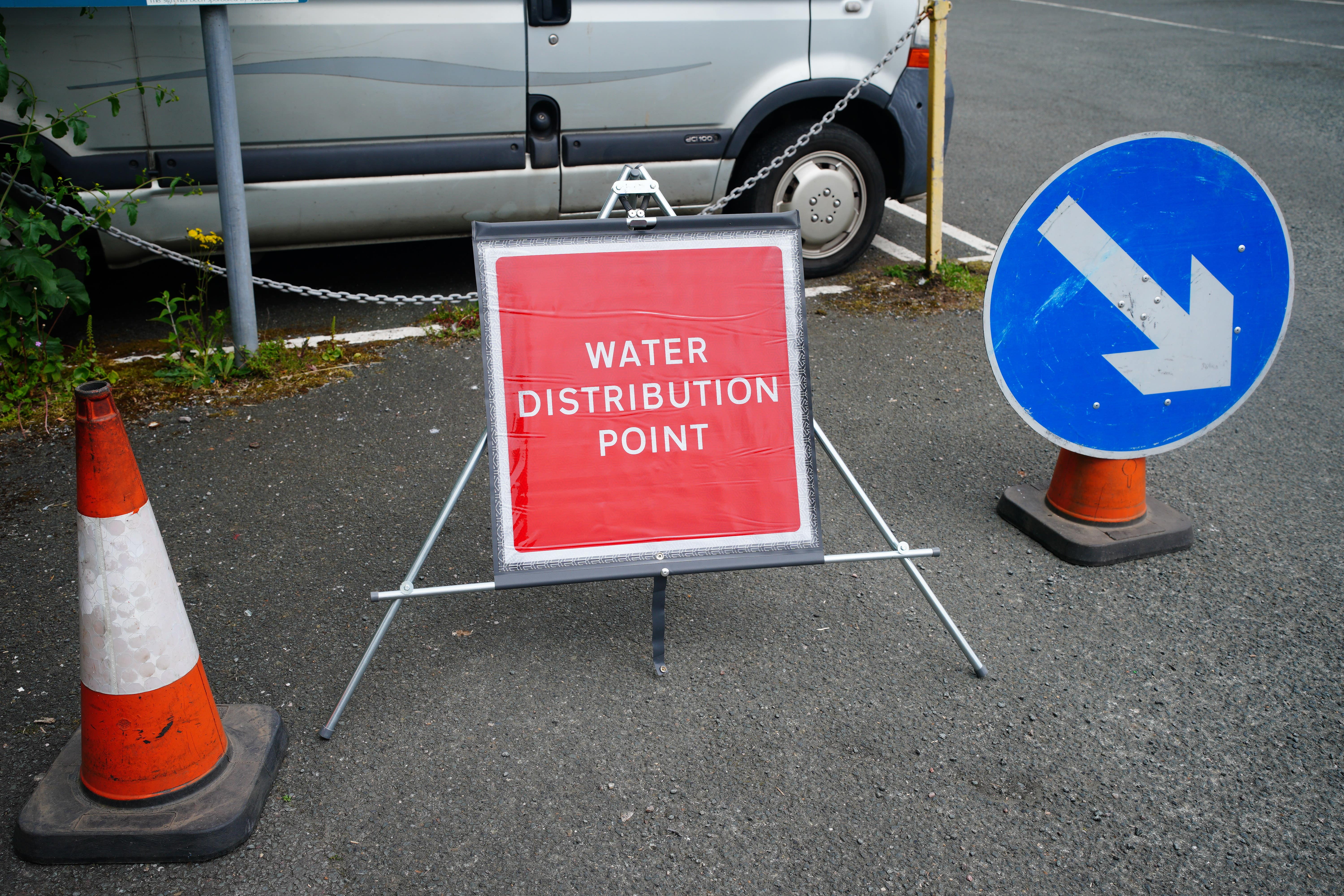South West Water owner increases dividend payout amid Devon parasite outbreak
Pennon raised its dividend payout by 3.8% in spite of a record fine for sewage spills and as it comes under fire over contaminated water in Devon.

Your support helps us to tell the story
From reproductive rights to climate change to Big Tech, The Independent is on the ground when the story is developing. Whether it's investigating the financials of Elon Musk's pro-Trump PAC or producing our latest documentary, 'The A Word', which shines a light on the American women fighting for reproductive rights, we know how important it is to parse out the facts from the messaging.
At such a critical moment in US history, we need reporters on the ground. Your donation allows us to keep sending journalists to speak to both sides of the story.
The Independent is trusted by Americans across the entire political spectrum. And unlike many other quality news outlets, we choose not to lock Americans out of our reporting and analysis with paywalls. We believe quality journalism should be available to everyone, paid for by those who can afford it.
Your support makes all the difference.The owner of South West Water has insisted it is “100% focused” on returning a safe water supply to those affected by the parasite outbreak in Devon as it revealed higher annual earnings and an increased dividend for investors.
Pennon said it is paying out around £3.5 million in compensation to customers after more than 16,000 households and businesses in the Brixham area were told to boil their drinking water since May 15 after cryptosporidium was found in the water supply.
Cryptosporidium is a waterborne disease which can cause unpleasant symptoms such as diarrhoea and vomiting.
Two people have been taken to hospital while hundreds of others have fallen ill as a result of the outbreak, which South West Water (SWW) has said was most likely triggered by animal faeces entering a damaged pipe.
Pennon has increased customer compensation to £215 for those affected, adding that normal service has now been restored for 85% of customers.
But in results out on Tuesday, the group courted further controversy after revealing it has increased its full-year dividend payout to investors, despite reducing it by £2.4 million after it was handed a record fine for sewage spills.
The figures also showed underlying operating profits lifted 8.6% to £166.3 million in the year to March 31.
Group chief executive Susan Davy said: “Whilst the results we are announcing today are based on our performance for the last financial year, we are 100% focused on returning a safe water supply to the people and businesses in and around Brixham.
“Normal service has returned for 85% of customers but we won’t stop until the local drinking water is returned to the quality all our customers expect and deserve.
Our absolute priority continues to be the health and safety of our customers, and our operational teams are working tirelessly around the clock to deliver this
“Our absolute priority continues to be the health and safety of our customers, and our operational teams are working tirelessly around the clock to deliver this.”
The firm said the move to reduce the total dividend payout to investors by 0.84p a share to 44.37p showed “we are listening, clearing the way for long-term shareholder value”.
However, the payout was still 3.8% higher than the previous year.
SWW was fined £2.2 million in April last year for illegal sewage spills across Devon and Cornwall spanning four years.
“At a time when media, public and regulatory scrutiny is high, it is important we do what is right for all,” said Ms Davy.
SWW and owner Pennon have likewise come under fire over their handling of the Devon parasite outbreak, with calls mounting for the company to offer more for affected households and businesses.
Conservative MP Anthony Mangnall, whose Totnes constituency covers Brixham, has said customers should get a level of compensation they “deserve” following the outbreak.
Pennon’s figures showed on a statutory basis, pre-tax losses widened to £9.1 million for the year to March 31, against losses of £8.5 million the previous year, as it faced a jump in debt costs.
The group – which also owns Bristol Water and recently bought SES Water – saw its debt pile swell to £3.5 billion as of the end of March, up from £3 billion a year earlier.